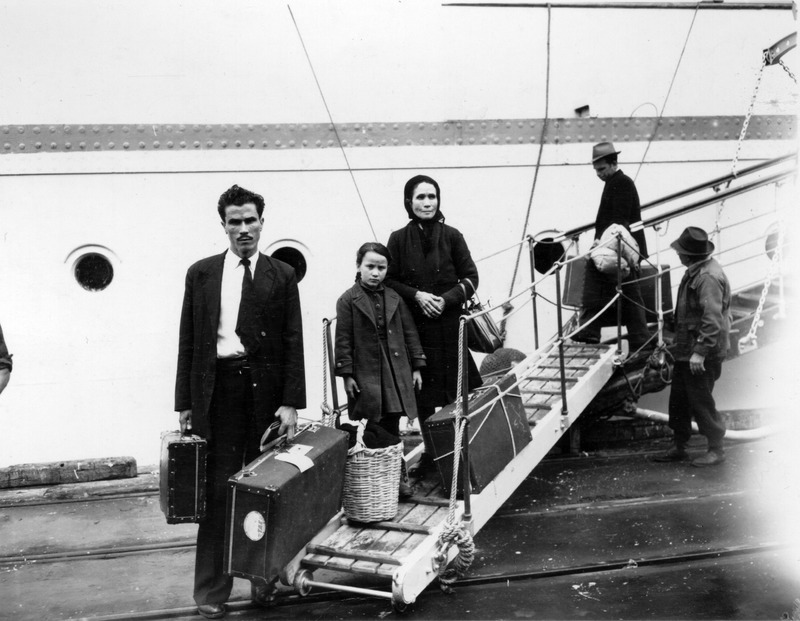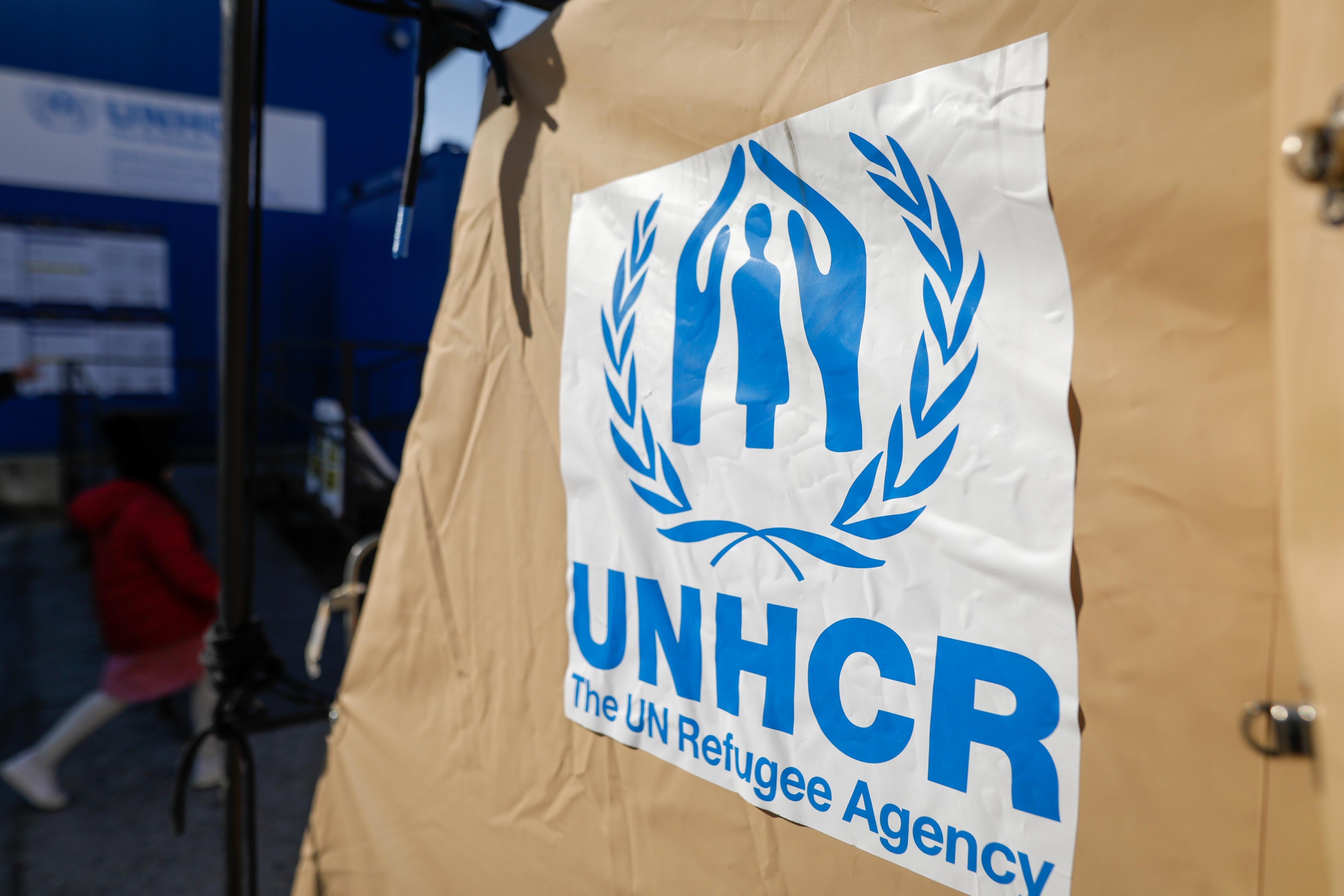The Global Quest for Opportunity
Immigration is a journey of courage, ambition, and transformation. Each year, millions leave their homelands seeking better opportunities, safety, or a fresh start. In 2023, the United Nations estimated that over 281 million people lived outside their country of birth, a number projected to grow as globalization, conflict, and economic disparities drive mobility. For many, the path begins with navigating complex visa systems, adapting to unfamiliar cultures, and overcoming legal and personal hurdles. This article explores the multifaceted world of immigration through policies, personal stories, and practical guidance, offering a roadmap for those embarking on this life-changing journey.
Understanding Visa Processes
Securing a visa is often the first and most daunting step for immigrants. Visa systems vary widely by country, each with its own requirements, timelines, and restrictions. In the United States, for instance, the U.S. Citizenship and Immigration Services (USCIS) oversees a range of visas, from H-1B for skilled workers to F-1 for students. In 2024, the U.S. issued approximately 185,000 H-1B visas, a cap that has sparked debate over whether it meets the demands of a tech-driven economy. Similarly, the United Kingdom’s points-based immigration system prioritizes skills, with 70 points needed for a Skilled Worker visa, factoring in job offers, English proficiency, and salary thresholds.
Tip: Start the visa process early—delays are common. Gather documents like passports, educational certificates, and proof of funds well in advance. Consulting an immigration lawyer can clarify country-specific requirements, such as Canada’s Express Entry system, which processed over 110,000 permanent residency applications in 2023.
“The visa process felt like climbing a mountain blindfolded. I applied for a Canadian PR through Express Entry, and it took 18 months of paperwork, language tests, and waiting. My advice? Triple-check your documents and be patient.” — Aisha, Nigerian immigrant to Canada
Common Visa Types and Their Challenges
Work visas, student visas, family reunification visas, and asylum applications dominate immigration pathways. Each comes with unique challenges. Work visas often require employer sponsorship, which can be difficult for newcomers without local networks. Student visas, while more accessible, come with strict conditions—overstaying can lead to deportation, as seen in a 2024 UK Home Office directive warning foreign students of removal for overstaying F-1 visas. Asylum seekers face even steeper hurdles, with backlogs in countries like Germany delaying decisions for up to two years.
Practical advice: Research visa conditions thoroughly. For example, Australia’s Subclass 482 visa requires health insurance and a nominated occupation, while Schengen visas demand proof of travel intent. Missing a single requirement can lead to rejection, costing time and money.
Challenges on the Immigrant Journey
Immigration is rarely a smooth ride. Beyond bureaucratic hurdles, immigrants face emotional, financial, and social challenges. Language barriers top the list for many. In a 2023 survey by the Migration Policy Institute, 62% of immigrants in Europe cited language as their biggest obstacle to integration. Financial strain is another hurdle—relocation costs, visa fees, and initial living expenses can total thousands of dollars. For example, a UK Skilled Worker visa application costs around £1,500, excluding legal or travel expenses.
Discrimination and xenophobia also cast shadows. In the U.S., a 2024 Pew Research Center study found that 45% of immigrants reported experiencing some form of discrimination, from workplace bias to social exclusion. Mental health struggles are common, with many immigrants grappling with isolation or the pressure to succeed in a new environment.
“When I moved to Germany, I felt invisible. People assumed I didn’t speak German, and finding a job was tough despite my engineering degree. Joining a local community group helped me build connections and confidence.” — Sameer, Syrian refugee in Berlin
Tip: Seek out community support early. Organizations like the International Rescue Committee or local cultural associations offer resources, from language classes to job fairs. Building a network can ease the emotional toll of relocation.
Success Stories Lighting the Way
Despite the challenges, countless immigrants transform obstacles into opportunities. Take Maria, a Filipina nurse who moved to the UK in 2022 under the Health and Care Worker visa. Facing initial skepticism about her qualifications, she completed additional certifications and now leads a team at a London hospital. “It wasn’t easy,” Maria says, “but every late-night study session was worth it. I’m proud to support my family back home and contribute here.”
In Canada, Raj, an Indian tech entrepreneur, turned his Temporary Foreign Worker visa into permanent residency through the Start-Up Visa program. His AI startup now employs 15 people in Toronto. “The key was persistence and finding mentors who understood the system,” Raj explains. These stories highlight the resilience and adaptability of immigrants, who often contribute significantly to their adopted countries’ economies and cultures.
In 2023, immigrants made up 13.6% of the U.S. workforce, filling critical roles in healthcare, tech, and construction. In Australia, migrants contributed $83 billion to the economy, underscoring their role in driving growth. These numbers dispel myths about immigrants as “burdens,” showcasing their value as innovators and workers.
Cultural Integration Finding a New Home
Adapting to a new culture is a delicate dance of preserving identity while embracing change. For many, this means learning unwritten social norms—like punctuality in Germany or casual greetings in Australia. Food, traditions, and holidays also play a role. Linh, a Vietnamese student in the U.S., recalls her first Thanksgiving: “I didn’t understand the holiday, but my host family invited me to share their meal. It was my first taste of belonging.”
Language fluency is a cornerstone of integration. In Sweden, free language courses for immigrants have boosted employment rates by 20%, according to a 2024 government report. Beyond language, understanding workplace culture is crucial. In Japan, for instance, hierarchy and respect for seniority shape professional interactions, which can surprise newcomers from less formal cultures.
Tip: Engage with local traditions to build bridges. Attend community events, try local foods, or join cultural exchange groups. Small gestures, like learning basic phrases or celebrating local holidays, signal openness and respect.
“In Brazil, I was used to warm, open conversations. In Canada, people were polite but reserved. Joining a soccer club helped me connect—it’s like a universal language.” — Carlos, Brazilian immigrant in Vancouver
Overcoming Stereotypes and Building Identity
Immigrants often face stereotypes that challenge their sense of self. In a 2024 UK study, 38% of immigrants reported being stereotyped based on their accent or appearance. Countering this requires confidence and community. Organizations like the U.S.-based Welcoming America promote inclusion through cultural festivals and mentorship programs, helping immigrants feel valued.
Practical advice: Share your culture while embracing the new. Hosting a traditional meal or teaching colleagues about your festivals can foster mutual understanding. At the same time, stay open to feedback about local customs to avoid unintentional missteps.
Legal Guidance and Policy Updates
Immigration policies are in constant flux, shaped by politics and economics. In 2024, the UK tightened student visa rules, requiring proof of sufficient funds and limiting dependents, a move criticized for deterring international talent. The U.S. expanded its Diversity Visa Lottery to 55,000 slots, offering hope to applicants from underrepresented countries. Meanwhile, Canada’s 2025-2027 Immigration Levels Plan aims to welcome 485,000 permanent residents annually, prioritizing skilled workers and refugees.
Asylum policies remain contentious. In 2023, the European Union processed 1.14 million asylum applications, with Germany and France leading. However, stricter border controls and deportation policies have sparked protests, with human rights groups arguing they violate international law. Staying informed is critical for immigrants navigating these changes.
Tip: Use official government websites or trusted organizations like UNHCR for policy updates. Avoid unverified sources, as misinformation can lead to costly mistakes. For example, a 2024 scam targeting U.S. visa applicants cost victims $10 million in fraudulent fees.
Seeking Legal Support
Immigration lawyers can be lifesavers, particularly for complex cases like asylum or family reunification. In the U.S., pro bono services like the Immigrant Legal Resource Center assist low-income applicants. However, legal fees can be steep—UK immigration advice averages £500-£2,000. Researching accredited professionals through bodies like the American Immigration Lawyers Association ensures reliability.
“My asylum case in the U.S. was a maze. Without a lawyer, I’d have been lost. They helped me prove my case with evidence I didn’t know mattered.” — Elena, Venezuelan asylum seeker
A Roadmap for the Future
Immigration is a testament to human resilience and hope. While the journey is fraught with challenges—from visa delays to cultural adjustments—it also offers opportunities for growth, connection, and impact. By preparing thoroughly, seeking support, and embracing adaptability, immigrants can turn dreams into reality. Whether it’s Maria saving lives in a London hospital, Raj building a tech empire in Toronto, or Linh finding a second family at a Thanksgiving table, their stories remind us that immigration is not just about crossing borders—it’s about building bridges.
Final tip: Stay resilient but realistic. Immigration is a marathon, not a sprint. Celebrate small victories, like securing a visa or making a new friend, and lean on communities that share your journey. The road may be long, but the destination—a life of opportunity and belonging—is worth it.



















0 Comments